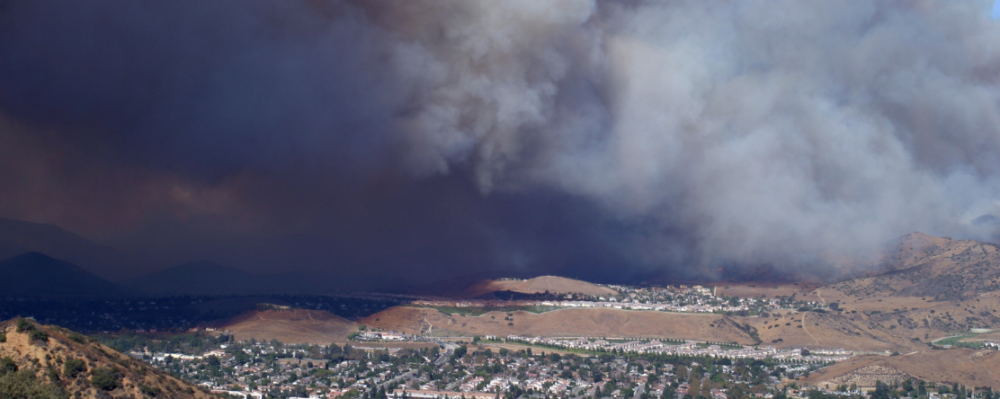
In the News
Disparities in AA Attendance Among Americans with Substance Use Disorders
- HealthDay
-
Focus Areas
Alcohol, Tobacco, Drugs & Mental Health -
Issues
Alcohol -
Expertise
Research – Surveillance -
Programs
Alcohol Research Group

“Alcoholics Anonymous is a key means by which millions of Americans deal with drinking problems.
However, white Americans are much more likely to engage in the trusted “12-step” program than Black of Hispanic drinkers, a new study finds.
Black and Hispanic alcoholics are about 40% less likely to have ever attended an AA meeting, compared to white drinkers, according to analysis of data from the National Alcohol Survey.
Researchers also discovered age-related disparities.
Among adults younger than 30, less than 5% had ever attended AA versus about 12% of those 30 and older. After accounting for other factors, younger adults still attended AA at a third of the rate of older adults.

This is concerning, because the disparities suggest that these groups—Black, Latinx and emerging adults—are not receiving optimal care.Sarah Zemore
Senior scientist PHI’s Alcohol Research Group
To read the full article, click on the link below.
Related articles
AA attendance lower among African American, Hispanic and young populations: Study / Medical Xpress
Alcoholics Anonymous more likely to benefit White Americans / United Press International
Originally published by HealthDay
More Updates
Work With Us
You change the world. We do the rest. Explore fiscal sponsorship at PHI.
Support Us
Together, we can accelerate our response to public health’s most critical issues.
Find Employment
Begin your career at the Public Health Institute.



